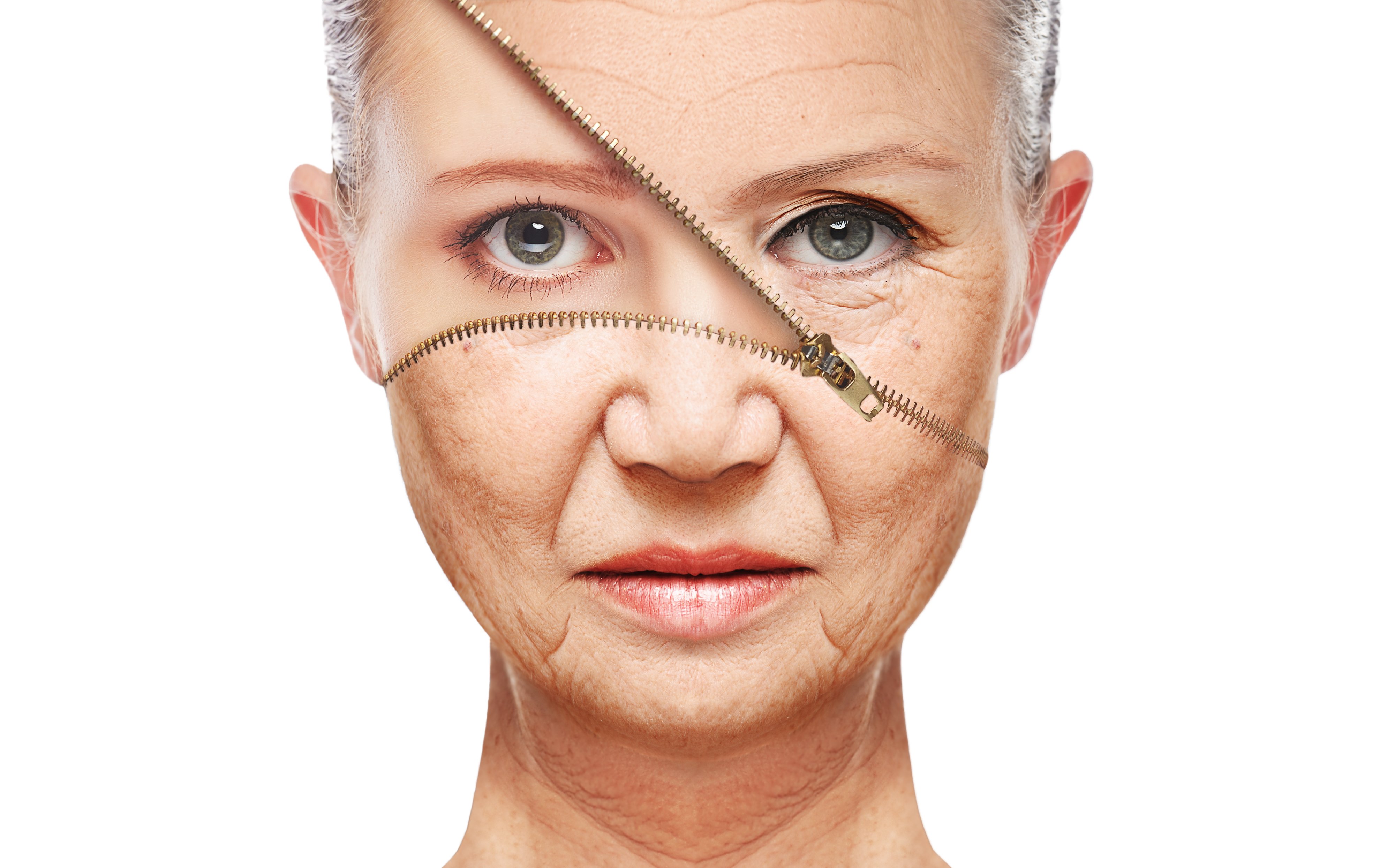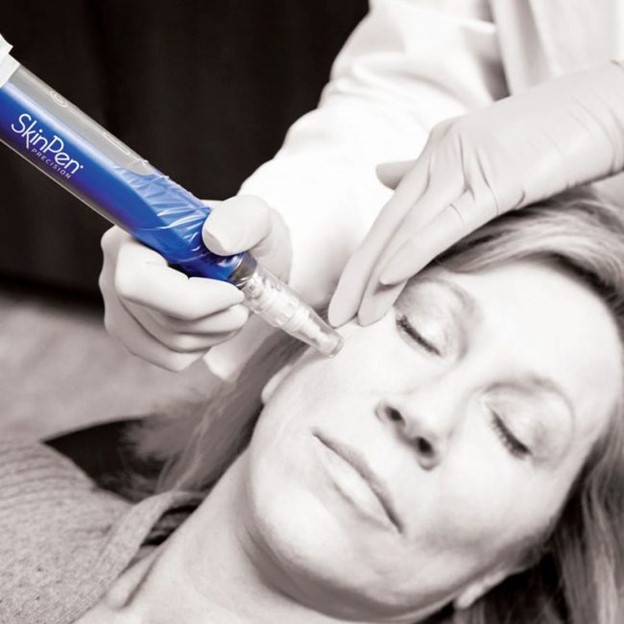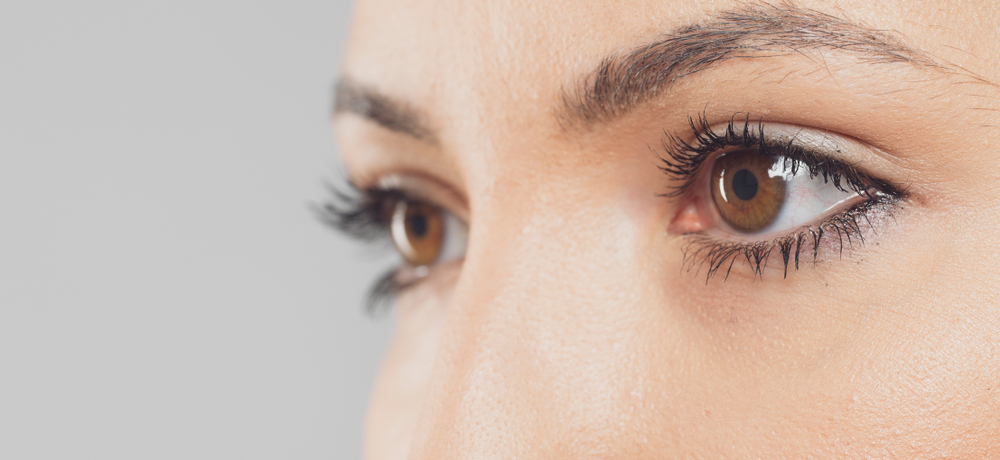
All too often, we adopt a skin care routine in our 20s that we enjoy and seems to work well, and then forget about it for decades. But our skin changes over time, and what kept your skin healthy and fresh in the past may not be the best thing for your skin now.
Here are a few of the factors that affect aging skin:
- Accumulated damage: Exposure to the sun, pollution, irritants, and harsh weather causes incremental damage to the skin that only starts to show up over the course of years.
- Wear and tear: Habitual expressions eventually cause the muscles of the face to adapt accordingly, pulling some muscles into habitual tension, while letting others relax into sagging. Behavioral factors like your skin care habits, diet, hydration, cigarette smoking, and alcohol consumption eventually start to take a toll on your skin.
- Reduction in healthy function: Finally, your skin's ability to heal itself, produce new collagen, and stay evenly hydrated naturally reduces over time, and your skin simply can't stay fresh and healthy looking.
In other words, the skin of a young person is resilient and largely able to protect, heal, and restore itself. But that ability reduces over time, so it's good to adjust your habits, compensate for what your skin loses over time, and start to support your skin more as you age.
Here are some ways that you can address the changing needs of your skin:
- Cleanse. While many young people adopt harsher cleansers to combat dirt from outdoor activities or oily acne, older skin is more delicate. Instead of using a cleanser + scrub routine, use a gentle cleanser with an exfoliator in it, like cleansers with alpha hydroxy acids. That way you can remove dirt, clear your pores, and promote healthy new skin, without using too many harsh products.
- Protect. Older skin is less able to repair itself and recover from damage, and has a reduced ability to produce the necessary moisture to keep skin glowing. A daily moisturizer with SPF is a must at any age but is particularly important for older skin. The sunscreen should block the full range of UV light and have an SPF of 30 or higher, and the moisturizer may need to be heavier as time goes on to prevent undue wrinkling and drying of the skin.
- Restore. Aging skin can benefit from a night cream that adds needed nutrients and hydration, soaking deeply into the skin while you sleep. Look for night creams with antioxidants that will combat free radicals, such as vitamins A and C, and coenzyme Q10.
- Even. Dark spots are one of the most telling signs of aging skin, which is why they are known as “age spots”. Excess skin pigmentation is usually caused by cumulative sun damage, and can be countered with creams containing hydroquinone, glycolic acid, or alpha-hydroxy acids.
Another reason to re-assess your skin care routine is because every year there are advances in skin-care science, creating more understanding of skin care and bringing better products to the marketplace. There are ingredients and compounds available now that simply didn't exist a few years ago.
If your skin is losing tightness and tone over time, it's fine to accept it as a normal part of the aging process. But it may be time to re-evaluate your skin care routine and see if it still meets the needs of your changing skin. After all, your body has changed, fashion has changed, your skin has changed... your regimen should probably get an update as well.









